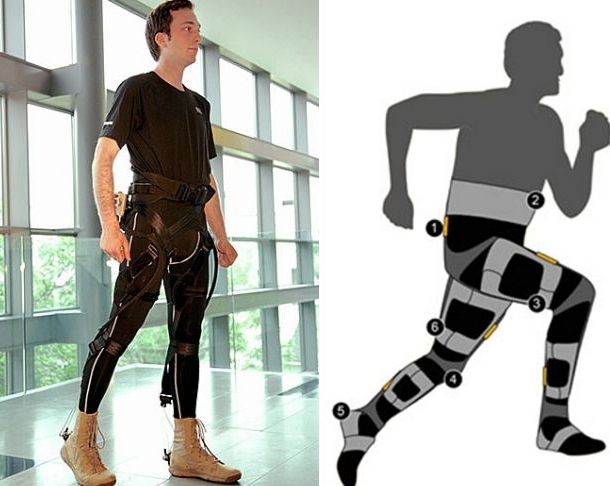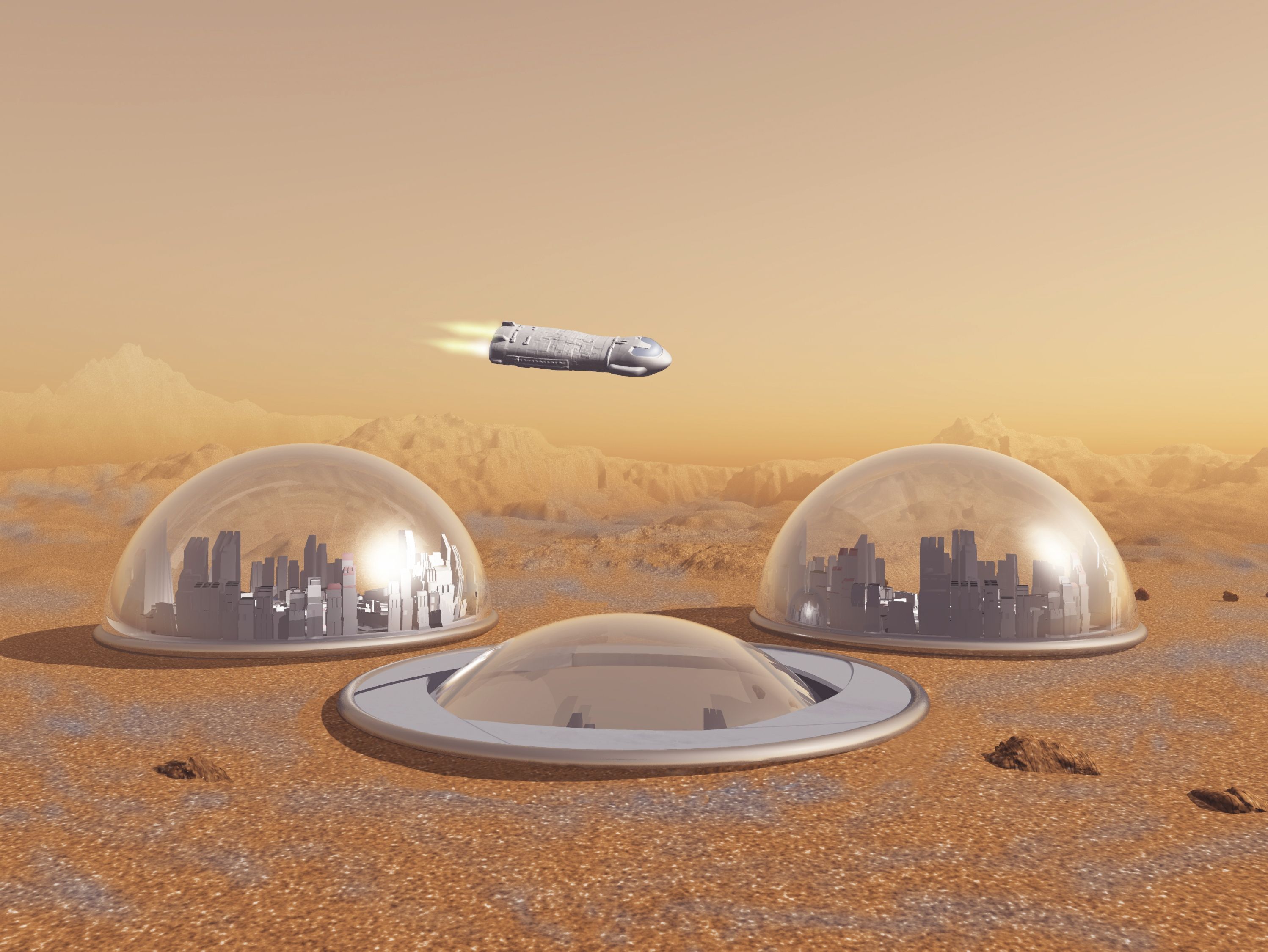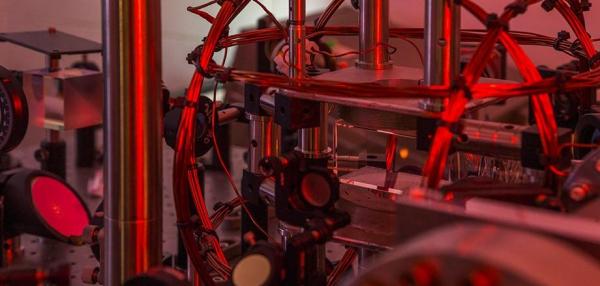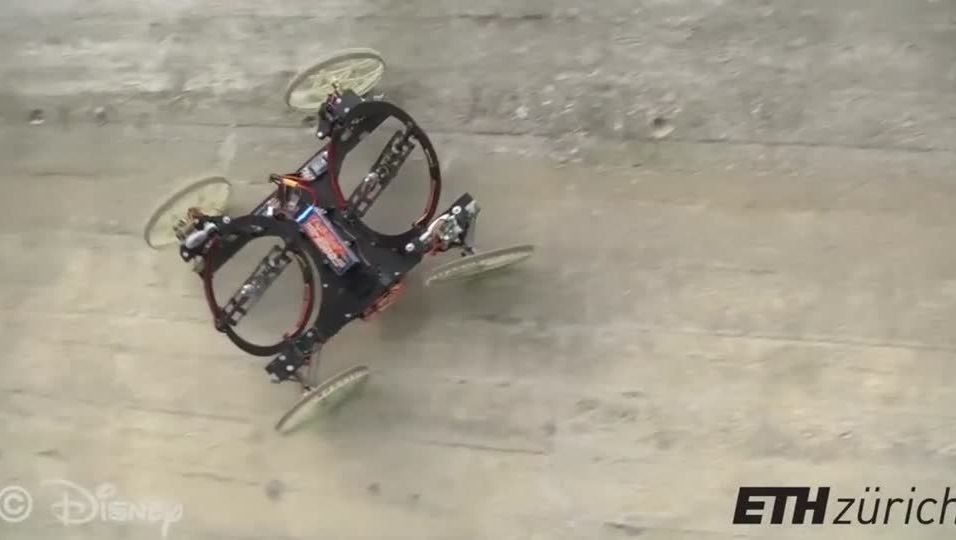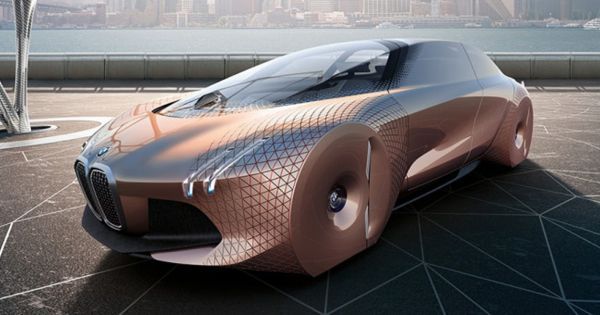Pressure is on DARPA by US Military to speed up on completing the soft Exosuit.
The clothing-like Soft Exosuit has been described as a “Wearable Robot” by the U.S. Defense Advanced Projects Research Agency (DARPA) that’s commissioning universities and research institutions to advance this military technology. The DARPA Soft Exosuit is part of the agency’s Warrior Web program.
A prototype Soft Exosuit had a series of webbing straps around the lower half of the body with a low-power microprocessor and a network of flexible strain sensors. These electronics act as the “brain” and “nervous system” of the Soft Exosuit. They continuously monitor data signals, including suit tension, wearer position (walking, running, crouched) and more.
In 2014, DARPA awarded $2.9 million to The Wyss Institute for Biologically Inspired Engineering at Harvard University to further develop its Soft Exosuit, other versions of which might eventually help persons (military and civilian) with limited mobility.
